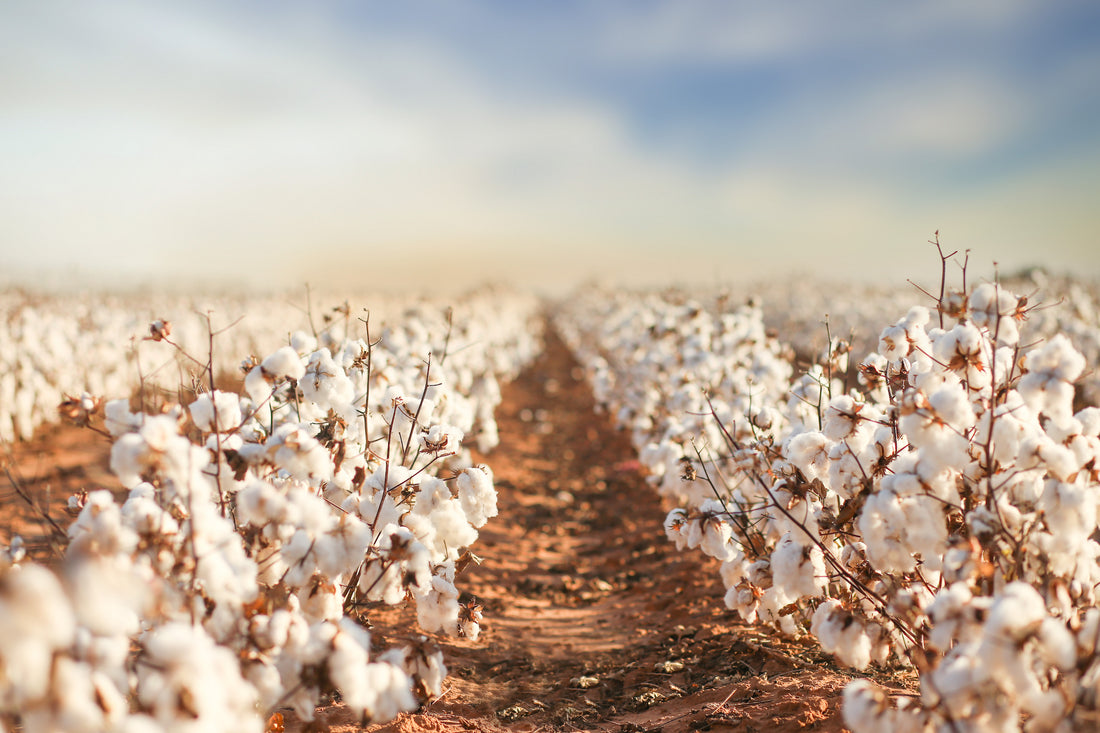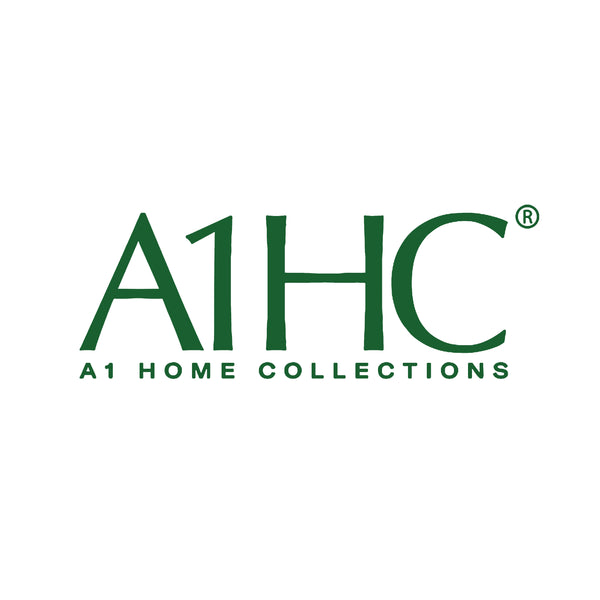
Why Choose Organic Cotton?
At A1, providing our customers with responsibly sourced and ethically made products is of the upmost importance, and we believe in complete transparency throughout the entire production chain. We talk a lot about our organic cotton products, so we wanted to take a moment to break down exactly what organic is and why we believe in organic.

What is organic cotton?
Organic cotton is cotton that is grown without the use of toxic pesticides, synthetic fertilizers, or genetically engineered seeds. Organic farming implements environmentally friendly practices and doesn’t deplete the soil and harm the surrounding eco system the way conventional
farming practices do. To be considered organic, a company must follow strict regulated guidelines and receive certification from a third-party organization.
At A1, all of our organic products are GOTS certified. The Global Organic Textile Standard(GOTS) is recognised as the world's leading processing standard for textiles made from organic fibres, and you can read more about the certification here.
The benefits of organic cotton
There are so many benefits to organic cotton, which we will get into, but if we could sum it up,
we would say that organic cotton is so much gentler on the planet and the farmers than conventionally grown cotton. This simple fact that chemicals aren’t being poured into the land (and then the water supply) tells you a lot!
In addition to the fact that no harmful and toxic chemicals are used, organic cotton production means less genetically modified crops are being grown, they are gentler on our skin, softer than conventionally grown cotton, and safer for those with allergies and sensitivities. To be certified organic, no harmful chemicals, bleaches, or dyes can be used in the production process, so the
products remain chemical free from start to finish.
An organic certification also ensures fair wages and safe working conditions.

Is organic cotton perfect?
No, it isn’t. Organic cotton uses significantly more water to grow than conventionally grown cotton and crops often yield less output as well (since the seeds have not been genetically modified).Organic cotton has its shortcomings, as does nearly all widespread farming and production, but we believe that the pros greatly outweigh the cons. We are also strong advocates for choosing quality over quantity- choosing a smaller amount of high quality, organically grown items is still less resource intensive than a larger amount of poor quality, conventionally made items.
Ultimately, the materials you choose are a personal choice, and we hope this article helped to empower you to make an informed decision about the items you are buying.To learn more about the materials we use in our home products, visit our page here.

